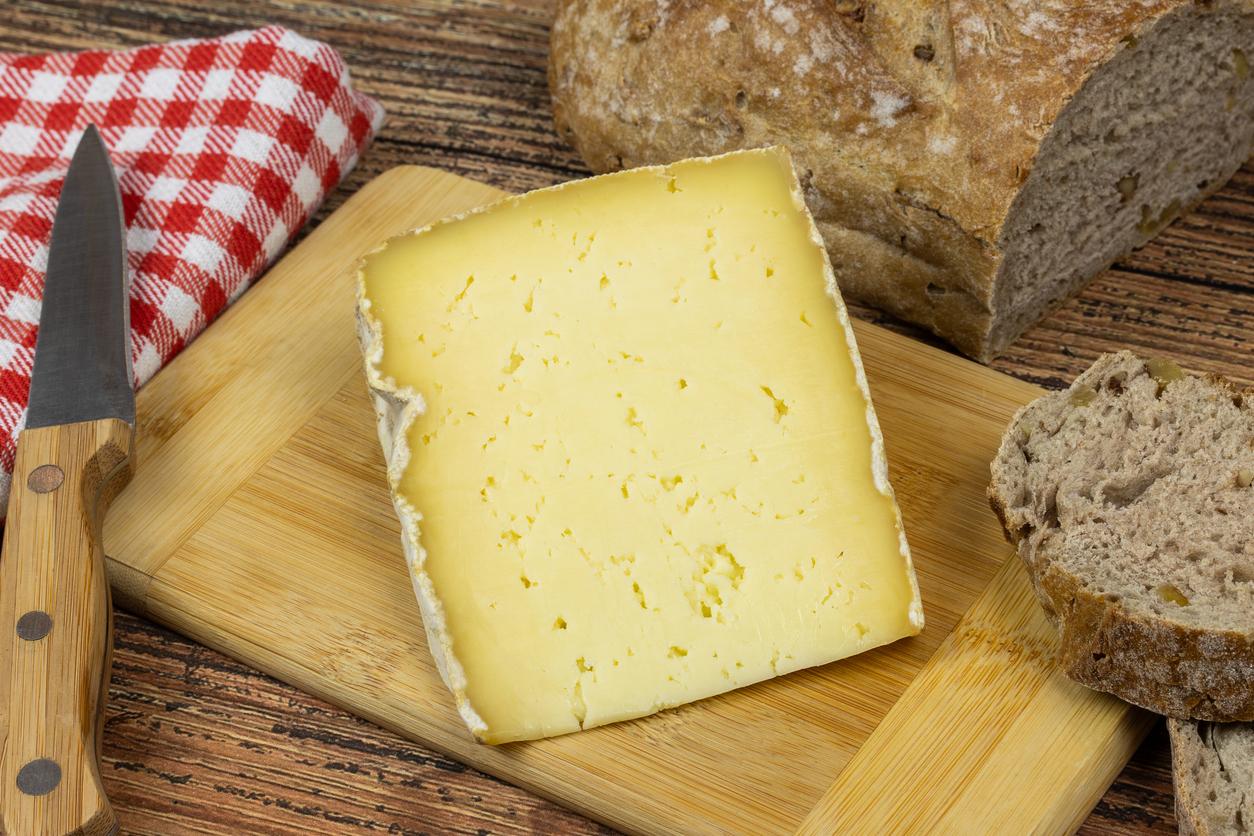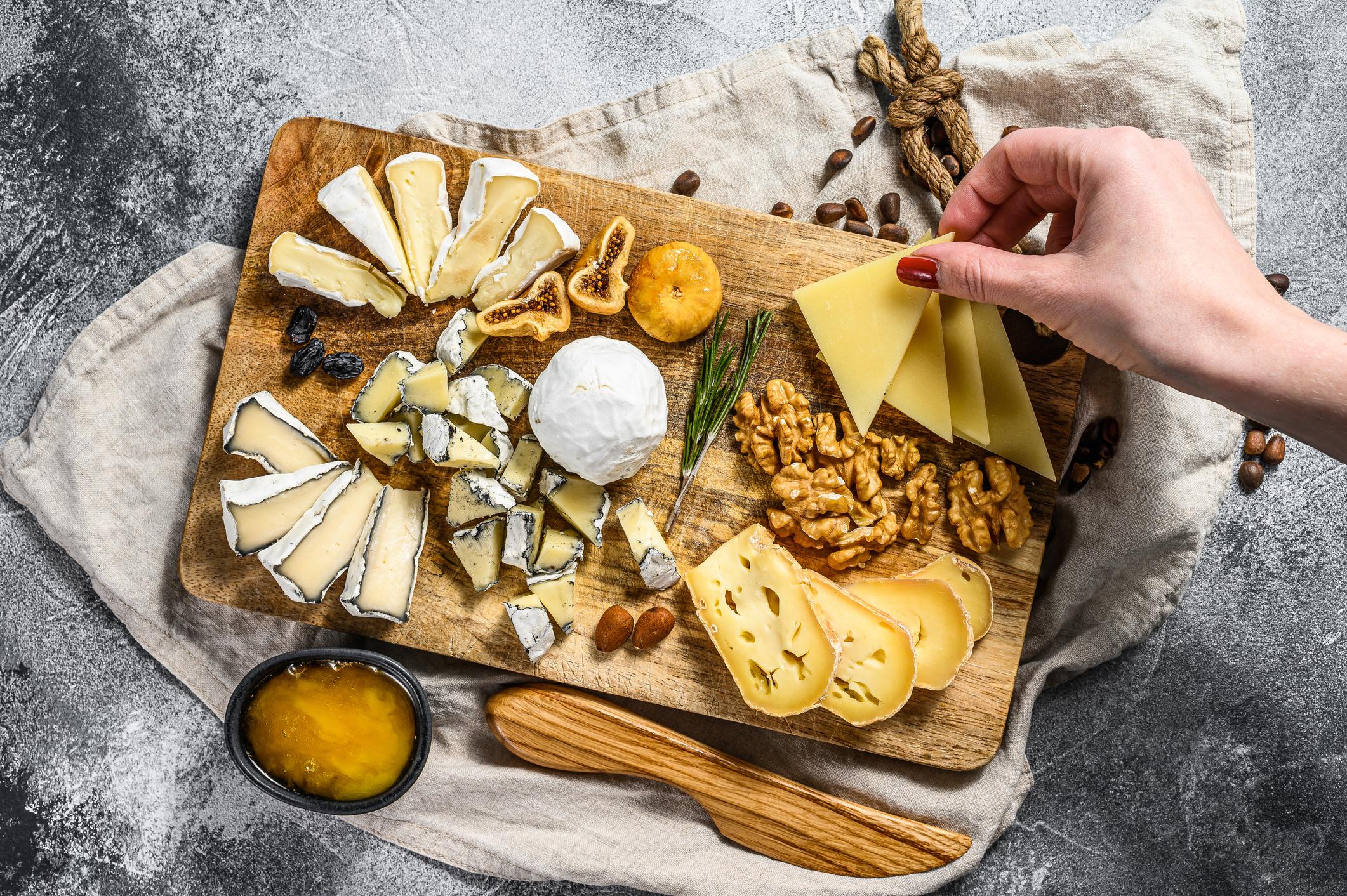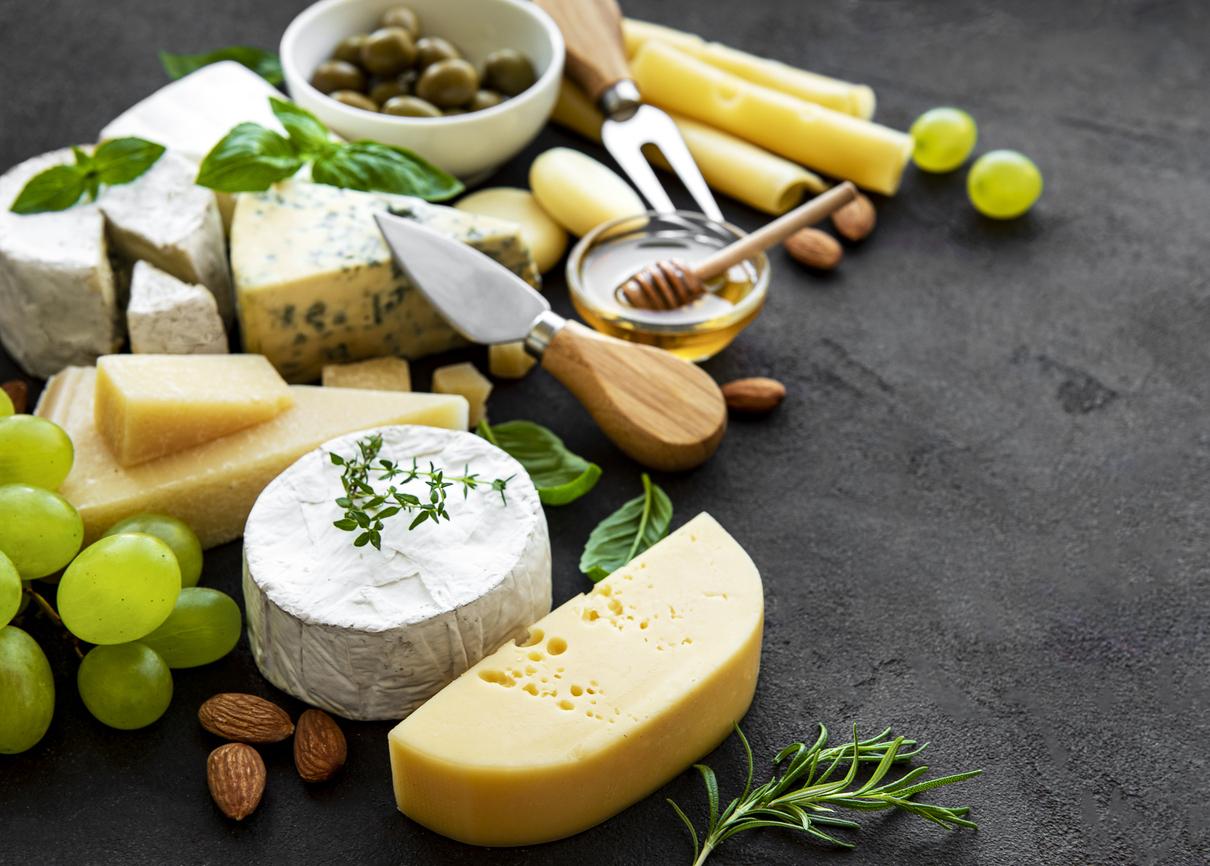Delete the cheese during a diet? “ Especially not ! », answers us Raphael Gruman (The Gruman Method). According to the latter, it is preferable to keep a place for it on your plate, because it brings many benefits for health.
“ Proteinscalcium, vitamin A… They are all authorized, but they must be varied while alternating the types of milk (cow, sheep, goat)… », adds our expert.
Indeed, cheese has many benefits. First of all its wealth in calcium. Which makes it even more interesting as you get older to prevent osteoporosis. In adults, the recommended calcium intake is 1000 mg for those aged 19-23 and 950 mg for those over 24 (source ANSES). Cheese is rich in phosphorus, a useful mineral for our bones and teeth. Finally, cheese contains magnesiumof potassium and vitamins B2 and B12. Banishing it from your plate should therefore not be an option!
But in this case, how to consume it intelligently if you are following a diet? Top Health enlightens you.
What are the lowest calorie cheeses?
First of all, remember that even if you are looking to lose weight, it is not recommended to eliminate foods. We know how much damage excessively restrictive diets do.
“ If you are overweight and watching your cholesterol, it is best to opt for low-fat cheeses, like goat’s or sheep’s cheese, Raphaël Gruman recommends. They are less fatty and therefore also less rich in cholesterol “.
As an indication, for 100 g of goat cheese, count around 165 calories. However, it is advisable to get it from your cheesemonger rather than from the supermarket.
You can also opt for cottage cheese, ricotta, mozzarella or feta. As for Camembert, it is far from being as high in calories as we think. For a 100g portion, Camembert only contains an average of 265 kcal. If you consume it in moderation, you have every right to indulge in it.
Why it can be interesting to eat cheese in the morning
Among thethe most caloric cheeses, we will find parmesan (431 kcal per 100 g), gruyere (430 kcal per 100 g) or even counted (407 kcal per 100 g). Here again, it is not a question of banning them, but of consuming them without excess.
And if you are a big cheese lover, you can choose to consume them in the morning. “ In the morning, from a chronobiological point of view, this will have less impact on the rise in cholesterol levels and on the line », Estimates Raphaël Gruman.



















